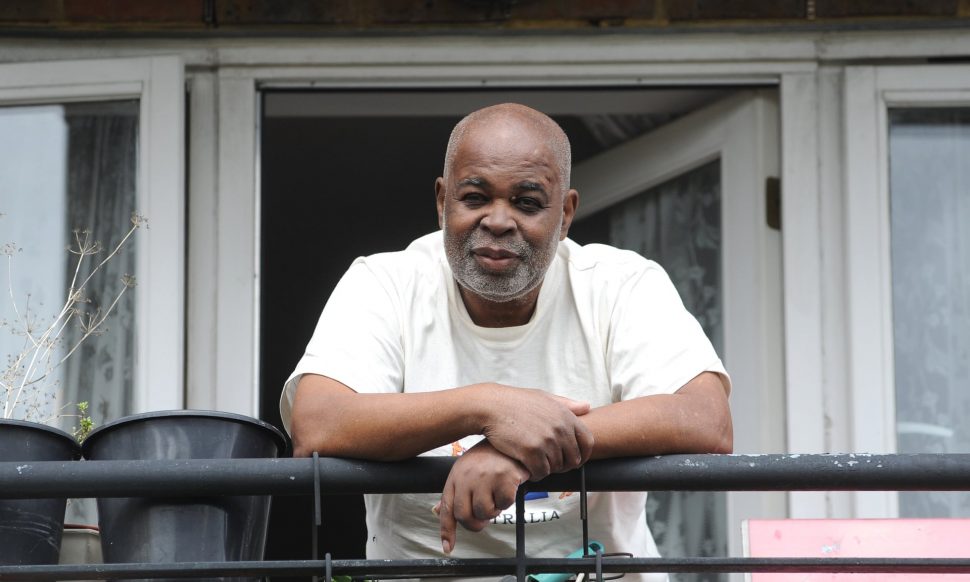(Jamaica Observer) Another prominent victim of the Windrush scandal has died without receiving compensation or a personal apology from the UK government.
According to London-based newspaper, the Guardian, a former Middlesex bowler Richard Stewart had been waiting for his case to be resolved so he could travel back to Jamaica for the first time in half a century and visit his mother’s grave, but he died a week ago, aged 74.
His son, Wesley Stewart, said the cause of death was unknown, adding that his father had become stressed and depressed during the protracted process of attempting to sort out his paperwork and prove the government’s errors had caused him severe problems for years.
He later described his father as “a pioneer of cricket for the Windrush generation, and a gentleman”.
Stewart said his father had never wanted to see Britain as a racist country, but his views had changed as a result of his treatment by the Home Office.
“It was blatant discrimination. The government made him feel like: you’re black, you shouldn’t be here, full stop,” he said.
All across England are currently preparing for Windrush Day, a new annual event commemorating the arrival of the ocean liner Empire Windrush in June 1948, carrying 492 passengers from the Caribbean, marking the symbolic beginning of a more multicultural Britain.
However, there has been a mixture of attitudes to the day among those affected by the immigration scandal, in which thousands of people who had arrived legally in the UK in the 1950s and 1960s were wrongly categorised as illegal immigrants by the Home Office.
Last year, Theresa May announced an annual £500,000 grant to fund events celebrating the “contributions made by British-Caribbean communities over the last 70 years”, as part of her attempt to apologise for the mistake, which was a direct result of “hostile environment” policies she introduced as home secretary in 2012.






